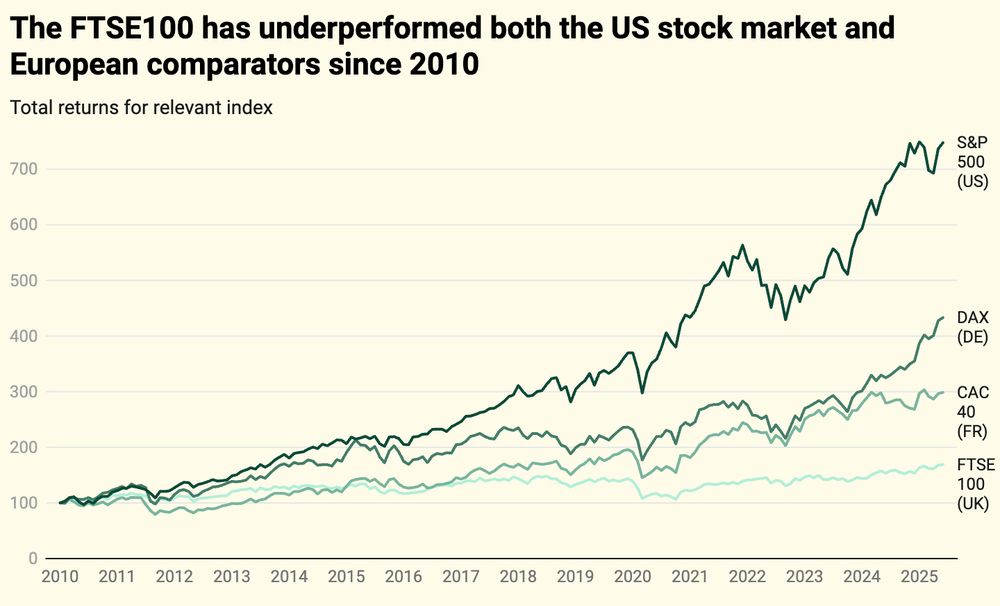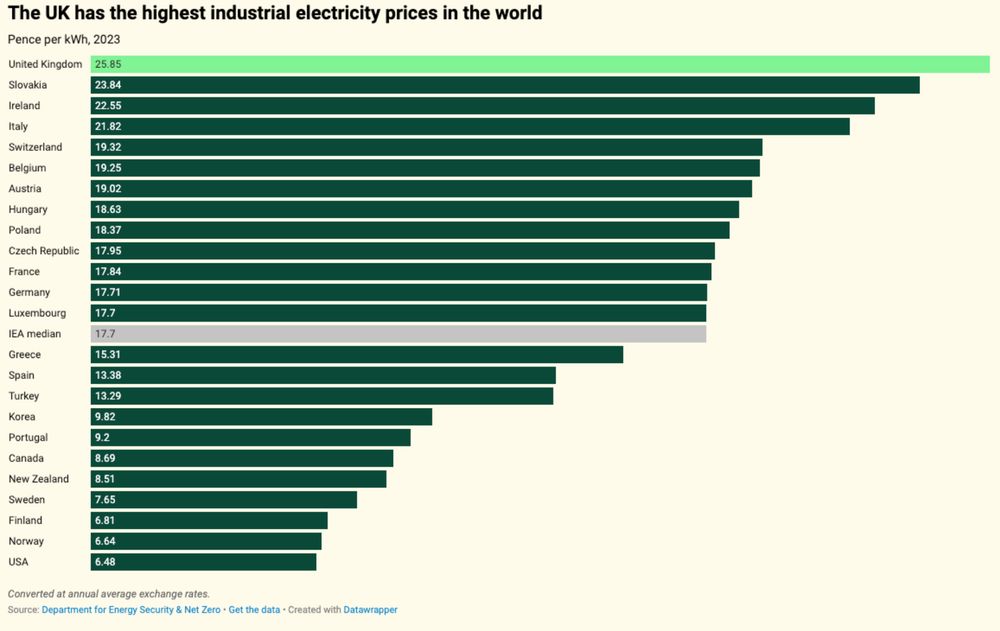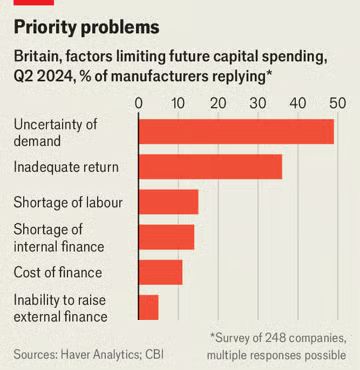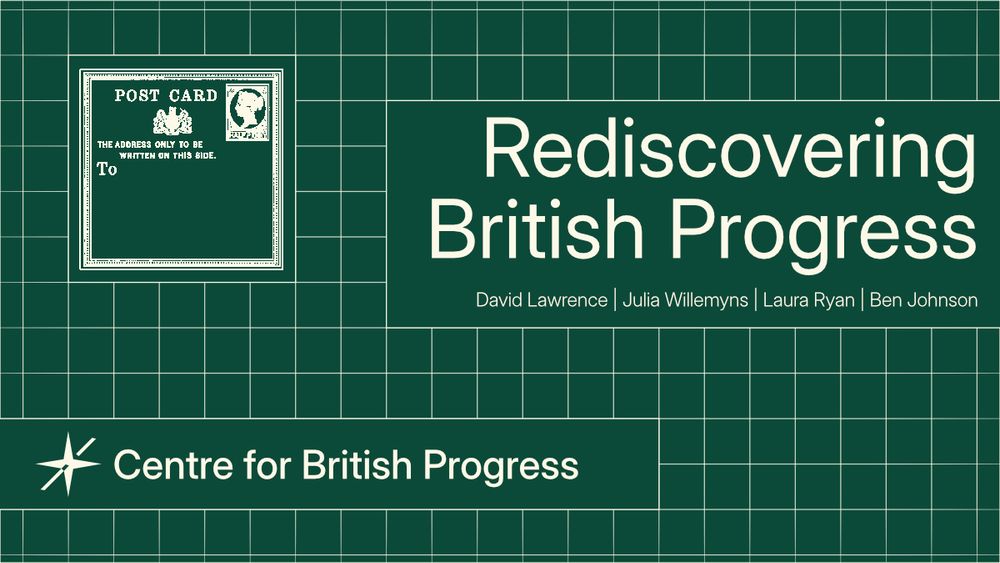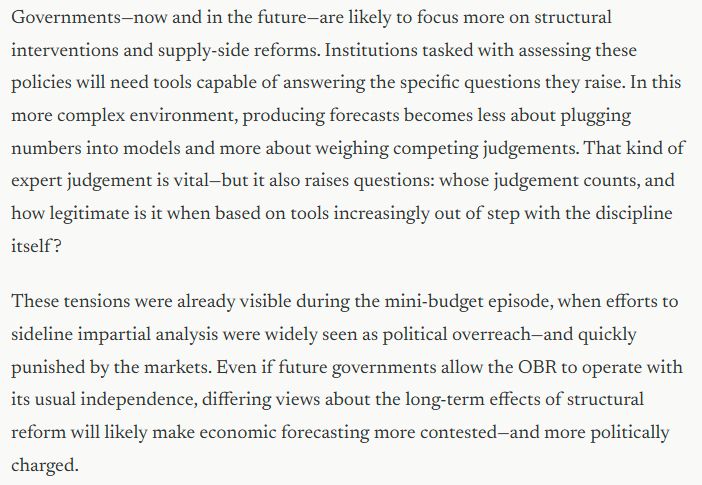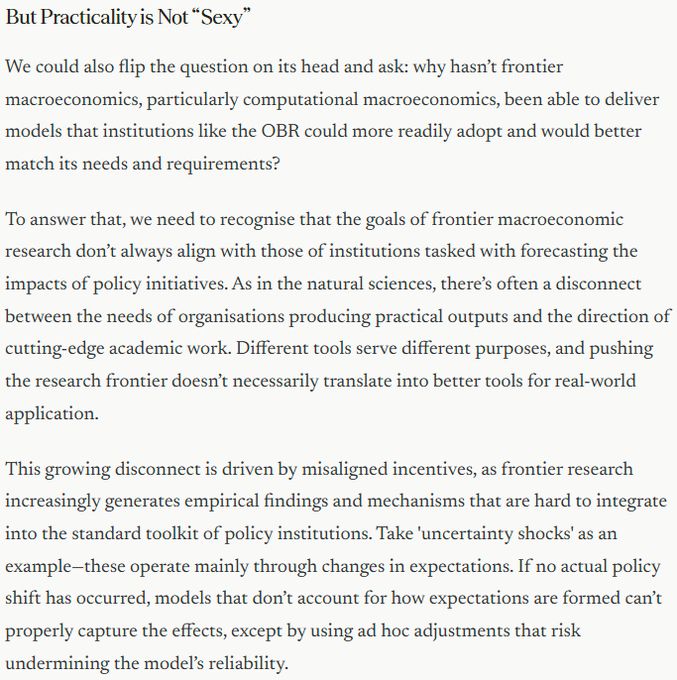Posts
Media
Videos
Starter Packs
Reposted
pedroserodio.com
@pedroserodio.com
· Jun 19

ISA & pension reform: Why forced investment is not real investment
Compelling British households to invest in British assets risks undermining their pensions without improving the economy. Creating real investment opportunities requires addressing the barriers curren...
britishprogress.org
pedroserodio.com
@pedroserodio.com
· Jun 19
pedroserodio.com
@pedroserodio.com
· Jun 19
pedroserodio.com
@pedroserodio.com
· Jun 19
pedroserodio.com
@pedroserodio.com
· Jun 19
pedroserodio.com
@pedroserodio.com
· Jun 19
pedroserodio.com
@pedroserodio.com
· Jun 19
Reposted
pedroserodio.com
@pedroserodio.com
· Apr 3
pedroserodio.com
@pedroserodio.com
· Apr 3
pedroserodio.com
@pedroserodio.com
· Apr 3
Reposted

